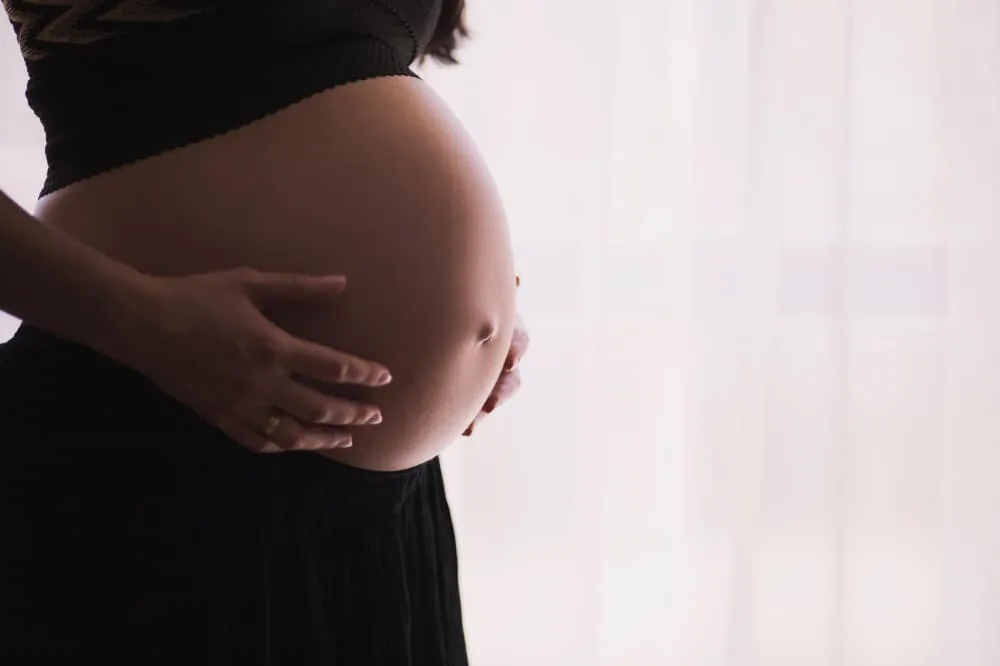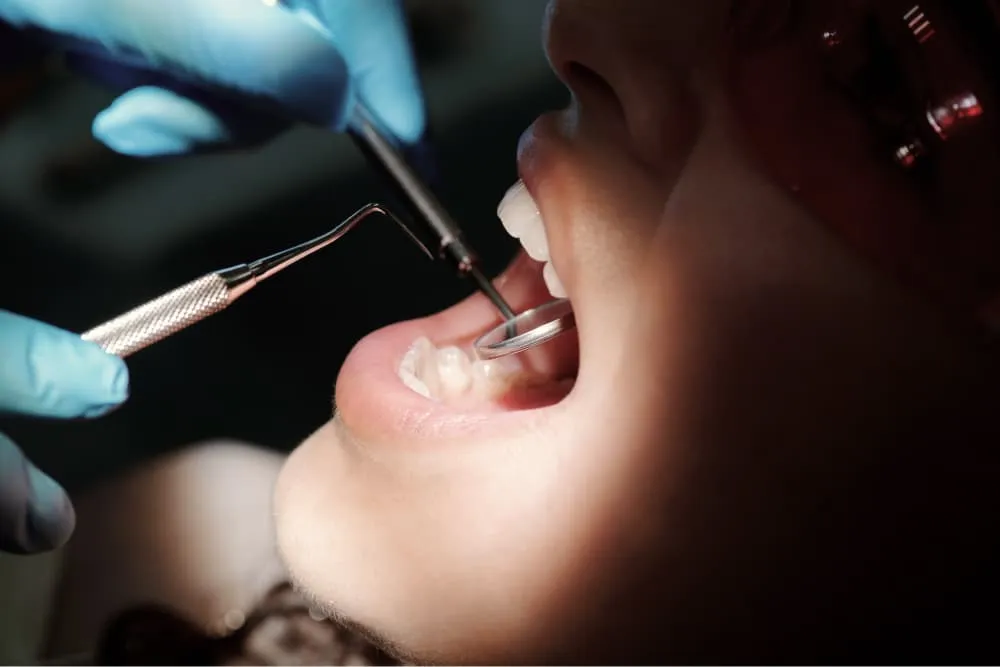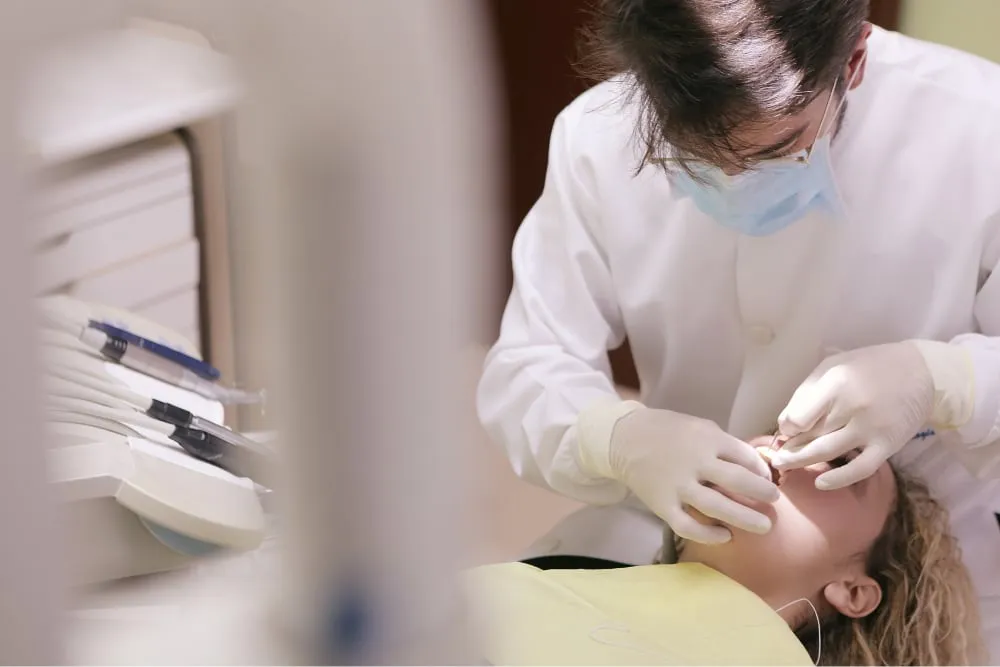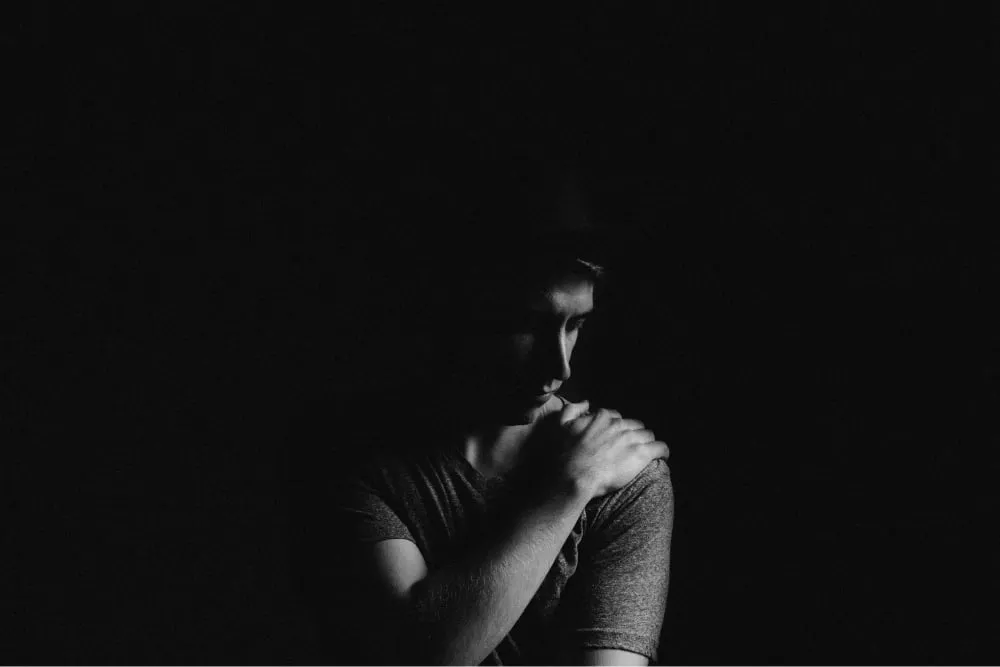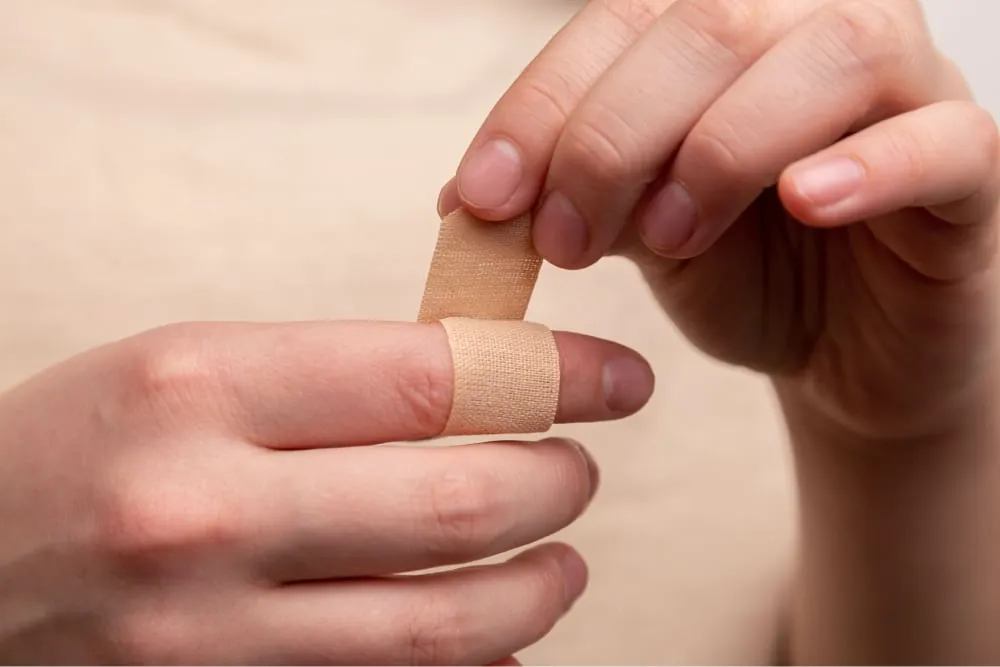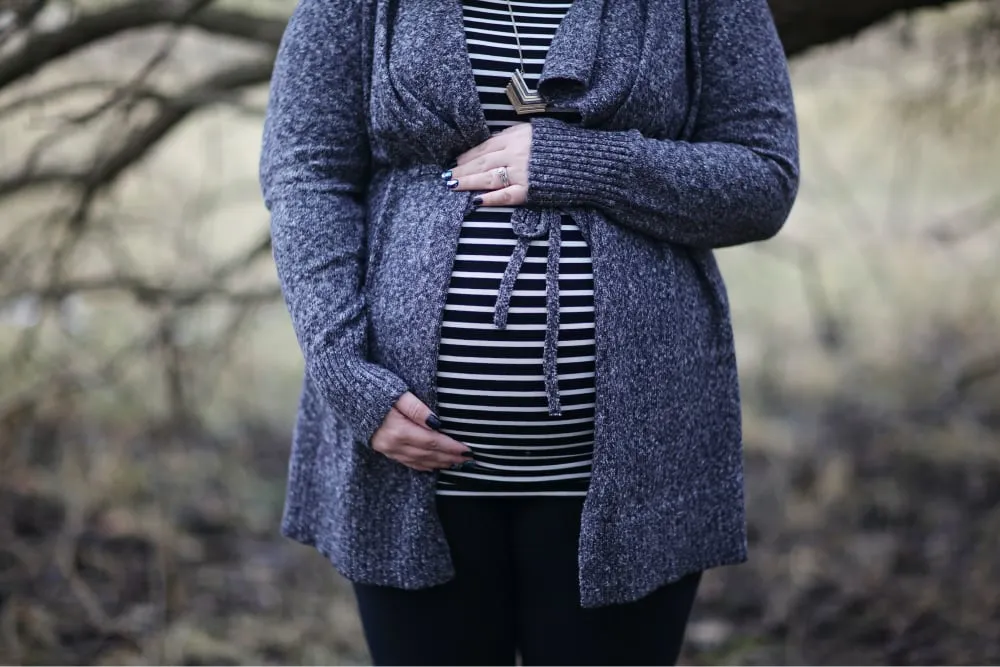Bulimia and pregnancy: What are the risks?
While pregnancy can be a joyous time, the tremendous changes the body undergoes as it grows and nourishes a baby can be hard to deal with for women who have a history of an eating disorder or poor body image. If you or someone you know is struggling with bulimia and pregnancy, it’s critical to get help, as there are serious risks to mother and unborn baby. For example, a recent study found that women with bulimia were more likely to give birth to low birthweight babies. They were also at increased risk of premature contractions, and their babies were more likely to have low Apgar scores or require resuscitation after birth. (2)
It can be hard to reach out for help. Some women may think they can manage symptoms on their own or may be worried they’ll be judged negatively. But, like any other serious condition during pregnancy, such as diabetes, it’s best to seek advice from a medical professional.
Treatment for bulimia during pregnancy
Since bulimia can increase the risk of negative pregnancy outcomes, it is critical to reach out for support as soon as possible. You can start with your OB/GYN. Your OB/GYN can provide you with guidance and refer you to a treatment professional, such as a therapist who specializes in eating disorders. A counselor can help you process your emotions and worries concerning your pregnancy and your changing body.
Experts also recommend you consult with a nutritionist, who can create a healthy eating plan to ensure you and your baby get the nutrition you need for a healthy pregnancy. It may also be necessary to attend more frequent appointments with your OB/GYN, so they can monitor your baby’s development. (3)
You might be interested in
Aftercare support for bulimia and pregnancy
If you are able to manage bulimia during pregnancy, you may think there is no need to continue receiving support after your baby is born. But ongoing support is important, because you may relapse after giving birth, especially if you are having difficulty coping with the way your body has changed after having a baby. (4) You may also experience postpartum depression. The postpartum period can be stressful, as you cope with sleep deprivation and adjusting to the demands of having a new baby at home.
To prevent a relapse, it is helpful to continue working with a nutritionist and counselor so you can nourish your body and cope with any unpleasant thoughts and feelings surrounding your body. You might also consider attending a support group for those who struggle with bulimia, so you can develop connections with other women experiencing the same concerns.









